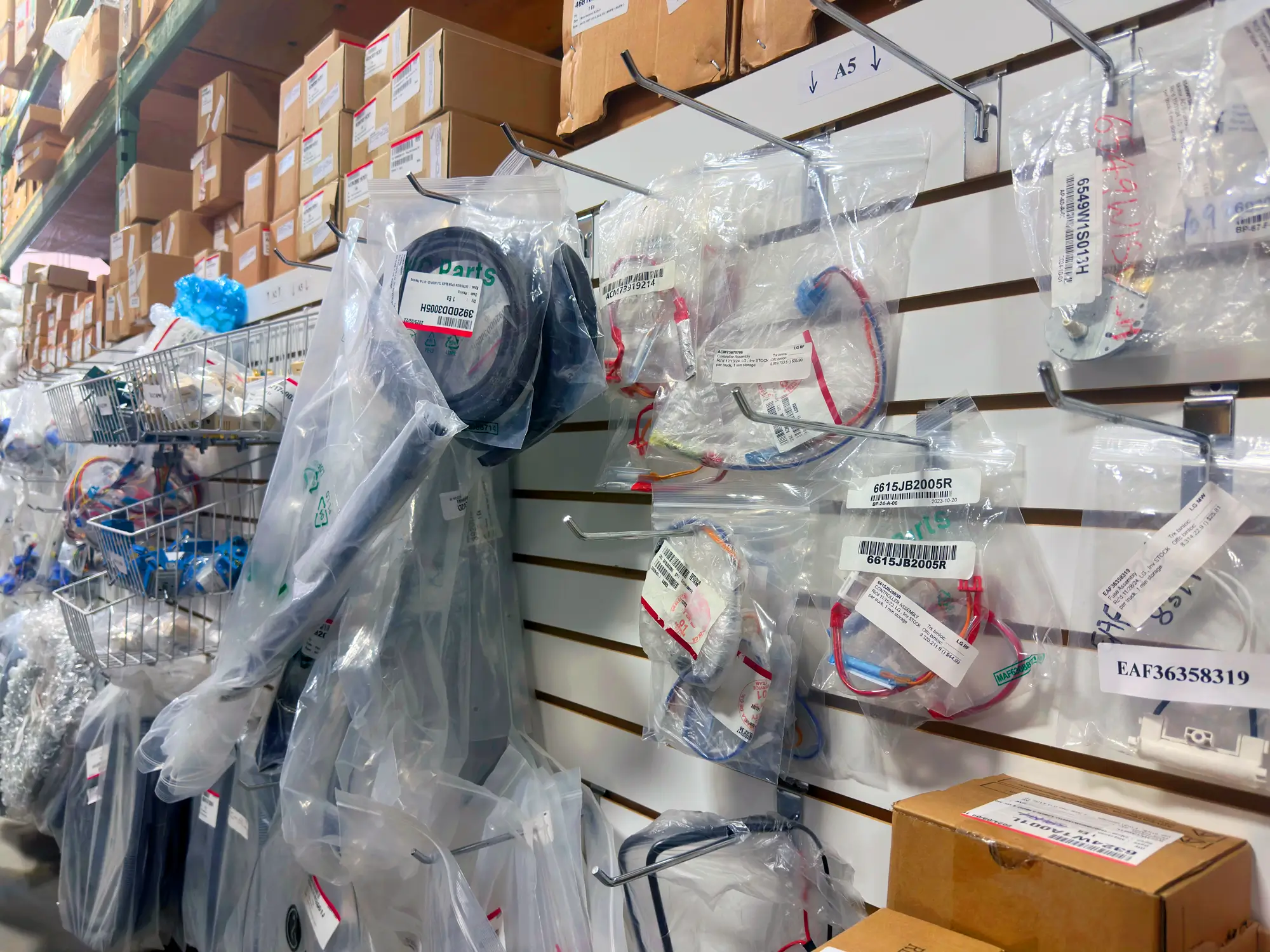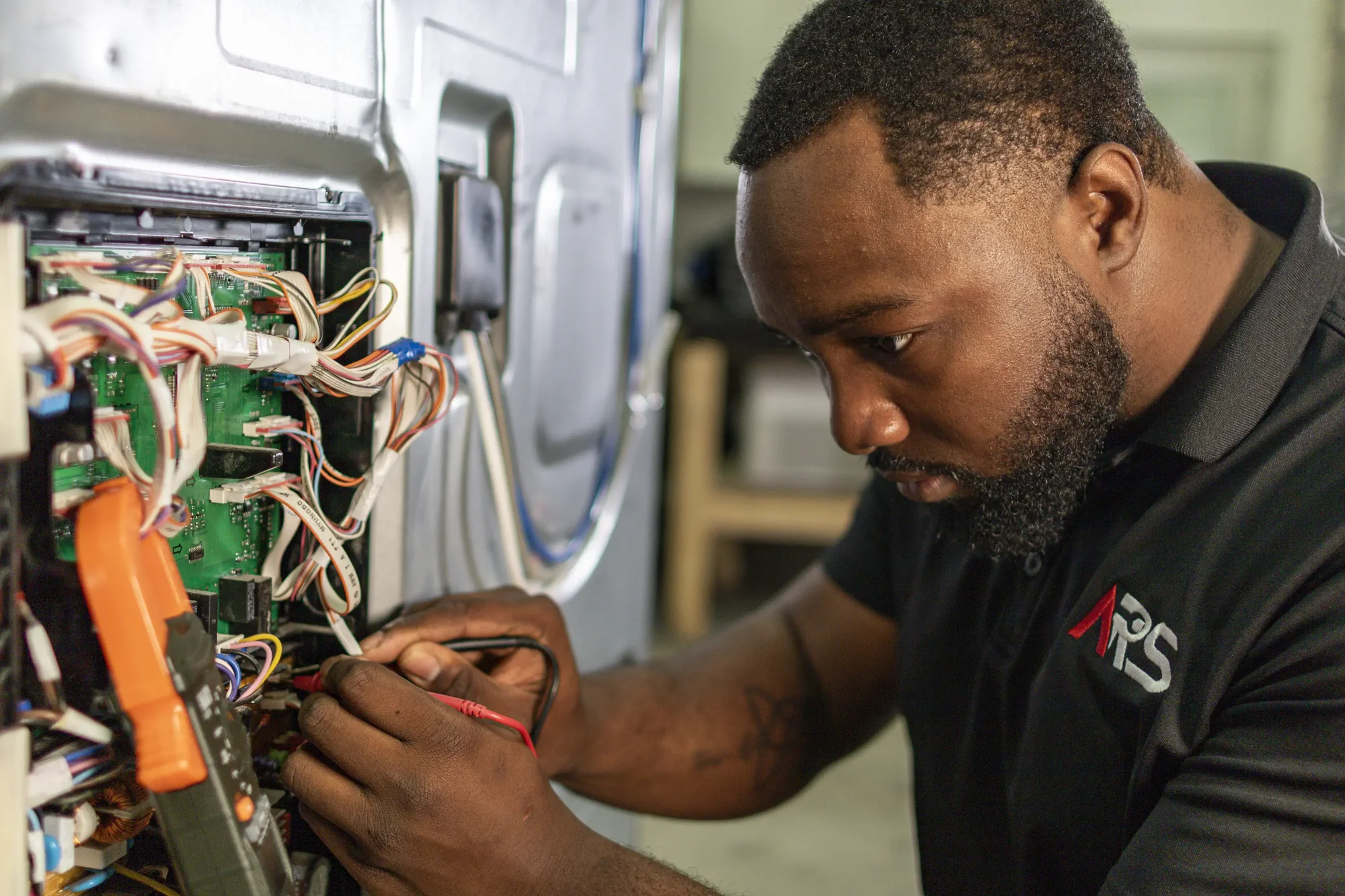Licensed & Authorized Appliance Technicians for Refrigerators, Washers, Dryers, Ovens & More
Appliance issues don't wait for a good time. ARS Repair and Installation Services Inc. brings over 10 years of proven industry experience, advanced technical training, and one of the strongest reputations in professional appliance repair across Southern Ontario. Every technician is licensed, insured, and factory trained, giving you confidence that your appliance is serviced correctly and safely.
Whether your fridge stops cooling, your washer overflows mid-cycle, or your oven won't heat, ARS Repair and Installation Services Inc. is here to fix it. We provide appliance repair services across Toronto, the GTA, Ottawa, and surrounding Southern Ontario areas. Our licenced, factory-trained technicians handle all major appliances, including refrigerators, dishwashers, stoves, ovens, washers, and dryers. We specialize in brands like LG, Samsung, Whirlpool, KitchenAid, Bosch, Maytag, and more.








